Discover Think Fast Talk Smart: Communication Techniques
Think Fast Talk Smart: Communication Techniques

Think Fast Talk Smart: Communication Techniques
Author: Matt Abrahams, Think Fast Talk Smart
Subscribed: 163,273Played: 1,551,977Subscribe
Share
©Think Fast Talk Smart LLC
Description
One of the most essential ingredients to success in business and life is effective communication.
Join Matt Abrahams, best-selling author and Strategic Communication lecturer at Stanford Graduate School of Business, as he interviews experts to provide actionable insights that help you communicate with clarity, confidence, and impact. From handling impromptu questions to crafting compelling messages, Matt explores practical strategies for real-world communication challenges.
Whether you’re navigating a high-stakes presentation, perfecting your email tone, or speaking off the cuff, Think Fast, Talk Smart equips you with the tools, techniques, and best practices to express yourself effectively in any situation. Enhance your communication skills to elevate your career and build stronger professional relationships.
Tune in every Tuesday for new episodes. Subscribe now to unlock your potential as a thoughtful, impactful communicator. Learn more and sign up for our eNewsletter at fastersmarter.io.
Join Matt Abrahams, best-selling author and Strategic Communication lecturer at Stanford Graduate School of Business, as he interviews experts to provide actionable insights that help you communicate with clarity, confidence, and impact. From handling impromptu questions to crafting compelling messages, Matt explores practical strategies for real-world communication challenges.
Whether you’re navigating a high-stakes presentation, perfecting your email tone, or speaking off the cuff, Think Fast, Talk Smart equips you with the tools, techniques, and best practices to express yourself effectively in any situation. Enhance your communication skills to elevate your career and build stronger professional relationships.
Tune in every Tuesday for new episodes. Subscribe now to unlock your potential as a thoughtful, impactful communicator. Learn more and sign up for our eNewsletter at fastersmarter.io.
273 Episodes
Reverse
Why being true to yourself enables you to show up better for others.From the way you communicate, to the way you build your life and career, Graham Weaver, MBA ’99, says it’s about “giving yourself permission to fully be yourself. You can never go wrong when you’re saying your truth.”Weaver is a lecturer in management, a GSB alum, and the founder and a partner of Alpine Investors. He stresses the importance of direct communication, highlighting how avoiding it can lead to wasted time, energy, and even financial losses. Reflecting on his own experiences in private equity, Weaver admits to struggling with being conflict-averse and not speaking his truth directly, which resulted in getting into bad deals and big losses for his company. “People think that by being indirect, they’re being kind, but all they're doing is creating confusion,” he says. “Clarity is compassionate. Even if it's not what they want to hear, the more direct and clear you can be, the more compassionate that is for the other person.”In this Rethinks episode of Think Fast, Talk Smart, Weaver and host Matt Abrahams explore how being true to oneself not only fosters personal fulfillment but also enables us to show up better for others. Authenticity and self-belief lay the foundation for effective communication, leadership, and ultimately, success.Episode Reference Links:Graham WeaverConnect:Premium Signup >>>> Think Fast Talk Smart PremiumEmail Questions & Feedback >>> hello@fastersmarter.ioEpisode Transcripts >>> Think Fast Talk Smart WebsiteNewsletter Signup + English Language Learning >>> FasterSmarter.ioThink Fast Talk Smart >>> LinkedIn, Instagram, YouTubeMatt Abrahams >>> LinkedInChapters:(00:00) - Introduction
(04:25) - Direct Communication & Limiting Beliefs
(07:35) - The Internal Game
(08:40) - An Asymmetrical Life
(13:52) - Taylor Swift & Grit
(16:46) - Pursuing Enlightenment
(21:00) - The Final Three Questions
(27:57) - Conclusion
********Thank you to our sponsors. These partnerships support the ongoing production of the podcast, allowing us to bring it to you at no cost.This episode is brought to you by Babbel. Think Fast Talk Smart listeners can get started on your language learning journey today- visit Babbel.com/Thinkfast and get up to 55% off your Babbel subscription.Join our Think Fast Talk Smart Learning Community and become the communicator you want to be.
How to turn down the chatter of negative self-talk.If you want to have better conversations with others, Ethan Kross says you first have to quiet down the chatter in your own head.A professor, researcher, and author, Kross defines chatter as a “negative thought loop” that hijacks our attention and undermines our ability to perform. “We have a limited capacity to focus our attention,” he says. “Attentional resources are a limited commodity, and chatter acts like a sponge that consumes that capacity. It leaves very little leftover that allows us to do the things that we want or need to do.” In his work researching, teaching, and writing about emotional regulation and the conscious mind, Kross has explored how to manage the negative self-talk that sabotages our concentration. “Here's the good news,” he says. “You can get out of it. Managing your chatter [is] a lot like becoming physically fit” — and he’s developed tools and frameworks for building the muscles to turn down the noise.In this episode of Think Fast, Talk Smart, Kross joins host Matt Abrahams to share methods for quieting chatter and reclaiming precious mental resources. From distanced self-talk to mental time travel, his tools offer a way to tune out the static and tune into clarity and connection.To listen to the extended Deep Thinks version of this episode, please visit FasterSmarter.io/premium.Episode Reference Links:Ethan KrossEthan’s Books: Chatter / ShiftEp.179 Finding Positive in Negative Emotions: Communication, Happiness & Wellbeing Connect:Premium Signup >>>> Think Fast Talk Smart PremiumEmail Questions & Feedback >>> hello@fastersmarter.ioEpisode Transcripts >>> Think Fast Talk Smart WebsiteNewsletter Signup + English Language Learning >>> FasterSmarter.ioThink Fast Talk Smart >>> LinkedIn, Instagram, YouTubeMatt Abrahams >>> LinkedInChapters:(00:00) - Introduction
(02:56) - Defining Chatter
(05:26) - Breaking the Loop
(10:23) - Technology & Emotional Sharing
(13:49) - Why “Get Over It” Fails
(19:09) - Emotions as Data
(21:40) - The Final Three Questions
(25:30) - Conclusion
********Thank you to our sponsors. These partnerships support the ongoing production of the podcast, allowing us to bring it to you at no cost.This episode is brought to you by Babbel. Think Fast Talk Smart listeners can get started on your language learning journey today- visit Babbel.com/Thinkfast and get up to 55% off your Babbel subscription.Join our Think Fast Talk Smart Learning Community and become the communicator you want to be.
How to turn complexity into connection through clear communication.Communication in high-stakes moments isn’t about saying more — it’s about connecting better. For Jonathan Berek and Phil Polakoff, the most effective communicators don’t rely on jargon or performance. They rely on empathy, listening, and stories that resonate.Both longtime Stanford Medicine leaders, Berek and Polakoff have spent their careers translating complex, emotional, and often urgent health issues for patients, colleagues, and the public. And they’ve learned that the message only lands when it’s delivered at the right level, with the right intention. “Know your audience,” Berek says, describing the importance of “leveling” — communicating in language that meets people where they are, without talking down or over their heads.For both Berek and Polakoff, listening is the foundation. “The two most important skills in communication are empathy and listening,” Berek explains — not as soft skills, but as the core mechanics of trust. Polakoff agrees, pushing for directness and clarity: “I like a yes or a no. I don’t like ambivalence or ambiguity.” And when it comes to being memorable, he’s relentless about simplicity: “Think bold, start small.”In this episode of Think Fast, Talk Smart, Berek and Polakoff join host Matt Abrahams to examine what great communicators actually do: prepare deeply, speak concisely, listen with intention, and use storytelling to bring others along. Because as Berek puts it, “People feel the emotion when they see a story,” and emotion — paired with clarity — is what turns information into impact.Episode Reference Links:Phil PolakoffJonathan BerekConnect:Premium Signup >>>> Think Fast Talk Smart PremiumEmail Questions & Feedback >>> hello@fastersmarter.ioEpisode Transcripts >>> Think Fast Talk Smart WebsiteNewsletter Signup + English Language Learning >>> FasterSmarter.ioThink Fast Talk Smart >>> LinkedIn, Instagram, YouTubeMatt Abrahams >>> LinkedInChapters:(00:00) - Introduction
(03:19) - Raising Awareness For Women’s Cancer
(04:16) - Redefining Health Beyond Disease
(05:38) - Why Storytelling is Essential
(07:38) - What Makes a Story Memorable
(09:15) - Advice for Better Communication
(10:16) - Making Complex Ideas Accessible
(11:04) - Speaking at Your Audience’s Level
(12:27) - Listening & Empathy
(13:09) - Improving Communication with Improv
(14:38) - Communication for Collective Change
(17:17) - Mentorship & The Big Picture
(18:28) - The Final Three Questions
(22:15) - Conclusion
********Thank you to our sponsors. These partnerships support the ongoing production of the podcast, allowing us to bring it to you at no cost.This episode is brought to you by Babbel. Think Fast Talk Smart listeners can get started on your language learning journey today- visit Babbel.com/Thinkfast and get up to 55% off your Babbel subscription.Join our Think Fast Talk Smart Learning Community and become the communicator you want to be.
Why curiosity is the best way to start a conversation.No matter how wide political, cultural, and generational divides seem to grow, Fareed Zakaria is convinced: communication has the power to connect.Zakaria is the host of CNN's Fareed Zakaria GPS, a Washington Post columnist, and author of Age of Revolutions, a book about the seismic societal shifts that define modern history. In his decades of translating complex geopolitical issues for broad audiences, he’s found the key to navigating change and conflict. “The most important thing is being genuinely curious,” he says, “genuinely believing that everybody has a story to tell. Everybody has something to teach you. Everybody has a lesson you can learn.”In this episode of Think Fast, Talk Smart, Zakaria and host Matt Abrahams explore how curiosity opens the door to conversation. Whether we’re communicating across ideological divides or bridging gaps between our past, present, and future, Zakaria shows why maintaining connection starts with a willingness to learn.Episode Reference Links:Fareed ZakariaFareed’s Book: Age of RevolutionsEp.161 Do Your Homework: Know What to Say by Knowing Who You're Talking To Connect:Premium Signup >>>> Think Fast Talk Smart PremiumEmail Questions & Feedback >>> hello@fastersmarter.ioEpisode Transcripts >>> Think Fast Talk Smart WebsiteNewsletter Signup + English Language Learning >>> FasterSmarter.ioThink Fast Talk Smart >>> LinkedIn, Instagram, YouTubeMatt Abrahams >>> LinkedInChapters:(00:00) - Introduction
(02:47) - The “Age of Revolutions”
(04:53) - Do Facts Still Matter?
(06:24) - How To Persuade
(08:28) - On-Camera Communication
(10:56) - Making Radical Ideas Mainstream
(12:25) - When To Change Your Mind
(13:52) - Helping Adolescents Communicate
(19:31) - The Final Three Questions
(23:18) - Conclusion
********Thank you to our sponsors. These partnerships support the ongoing production of the podcast, allowing us to bring it to you at no cost.This episode is brought to you by Babbel. Think Fast Talk Smart listeners can get started on your language learning journey today- visit Babbel.com/Thinkfast and get up to 55% off your Babbel subscription.Join our Think Fast Talk Smart Learning Community and become the communicator you want to be.
Why clarity and authenticity matter more than ever in modern communication.Clear communication in the age of likes, LLMs, and constant noise isn’t about talking more. For Nick Thompson, it’s about being unmistakably clear and unmistakably yourself.Thompson, CEO of The Atlantic and former editor-in-chief of Wired, has spent his career shaping stories that hold attention. “Clear beats clever,” he says, stressing that authenticity and specificity are what make messages land. “If you can get across what you're really trying to say— if you can say it honestly, specifically, and ideally briefly—that's good. And if you can say it in a way that feels like you, that's great.”Beyond journalism, Thompson is an elite marathon runner, ranking among the top competitive runners in the world, an identity that, for him, isn’t separate from writing or leadership but deeply connected to it. “[Running] has taught me all kinds of habits of mind and discipline and pacing,” he says, “There are all kinds of lessons from the sport that apply to my business life.”In this episode of Think Fast, Talk Smart, Thompson joins host Matt Abrahams to share how great communicators craft “sticky” ideas without chasing soundbites. From practical editorial tests to the importance of editing, structure, and authenticity, Thompson offers a roadmap for communication that doesn’t just get noticed but lasts.Episode Reference Links:Nick ThompsonNick’s Book: The Running GroundEp.183 Rethinks: How Anxiety Can Fuel Better Communication Connect:Premium Signup >>>> Think Fast Talk Smart PremiumEmail Questions & Feedback >>> hello@fastersmarter.ioEpisode Transcripts >>> Think Fast Talk Smart WebsiteNewsletter Signup + English Language Learning >>> FasterSmarter.ioThink Fast Talk Smart >>> LinkedIn, Instagram, YouTubeMatt Abrahams >>> LinkedInChapters:(00:00) - Introduction
(04:24) - Good Communication in the Modern Day
(05:06) - Finding Your Authentic Voice
(06:13) - The Power of Editing
(07:57) - Reading Your Writing Out Loud
(09:50) - How to Create “Sticky” Content
(11:12) - AI’s Role in Journalism & Communication
(13:15) - Using AI in Daily Life
(13:59) - Running As Meditation
(17:38) - What Running Teaches About Simplicity
(19:13) - The Final Three Questions
(23:31) - Conclusion
********Thank you to our sponsors. These partnerships support the ongoing production of the podcast, allowing us to bring it to you at no cost.This episode is brought to you by Babbel. Think Fast Talk Smart listeners can get started on your language learning journey today- visit Babbel.com/Thinkfast and get up to 55% off your Babbel subscription.Join our Think Fast Talk Smart Learning Community and become the communicator you want to be.
How to tap the full power of your voice.Being present in communication isn’t just mental. It’s about the physical energy you bring into a space — particularly, says Patsy Rodenburg, the presence of your voice.“The physical presence of the human being is the most important thing we have,” says Rodenburg. As a world-renowned expert in voice, speech, and presentation, she has helped everyone from stage actors to prime ministers hone their speaking and awaken the power and presence of their voice. “The vast majority of people are born with amazing voices, and somewhere along the line, they lose them. My job is to return people to their full power in their body, in their breath, in their voice, in their ability to speak in an exciting way.”In this episode of Think Fast, Talk Smart, Rodenburg joins host Matt Abrahams to discuss embodied communication. From breathing techniques and managing tension to intentionally inhabiting space, Rodenburg’s insights reveal how to communicate with greater power, presence, and the potency of your voice.To listen to the extended Deep Thinks version of this episode, please visit FasterSmarter.io/premium.Episode Reference Links:Patsy RodenburgPatsy’s Books: Presence / Power PresentationEp.137 When Words Aren't Enough: How to Excel at Nonverbal Communication Connect:Premium Signup >>>> Think Fast Talk Smart PremiumEmail Questions & Feedback >>> hello@fastersmarter.ioEpisode Transcripts >>> Think Fast Talk Smart WebsiteNewsletter Signup + English Language Learning >>> FasterSmarter.ioThink Fast Talk Smart >>> LinkedIn, Instagram, YouTubeMatt Abrahams >>> LinkedInChapters:(00:00) - Introduction
(03:01) - Foundational Voice Principles
(06:03) - Activating Breath Through The Body
(08:24) - Why Most Voices Just Need Use
(11:54) - Defining Presence
(16:07) - Using Space To Communicate
(19:29) - The Final Three Questions
(23:56) - Conclusion
********Thank you to our sponsors. These partnerships support the ongoing production of the podcast, allowing us to bring it to you at no cost.This episode is brought to you by Babbel. Think Fast Talk Smart listeners can get started on your language learning journey today- visit Babbel.com/Thinkfast and get up to 55% off your Babbel subscription.Join our Think Fast Talk Smart Learning Community and become the communicator you want to be.
How to design meetings with purpose so they actually move work forward.Meetings are a necessary part of work. But for many people, they’re also a major source of frustration. According to Rebecca Hinds, meetings don’t have to feel like a drain—better meetings start when we stop treating them as a default and start designing them with intention.Hinds is the author of Your Best Meeting Ever: Seven Principles for Designing Meetings That Get Things Done, and a future-of-work expert who founded the Work Innovation Lab at Asana and the Work AI Institute at Glean. She argues that the problem isn’t meetings themselves, but the sheer number of poorly designed ones, and by being more thoughtful about what actually deserves synchronous time, teams can redesign how they communicate in the workplace “Meetings are the most important product in our entire organization, and yet they’re also the least optimized,” she says. “The first step is recognizing we need to be much more intentional about how we're designing meetings.”In this episode of Think Fast, Talk Smart, Hinds and host Matt Abrahams discuss why meetings so often go wrong—and what it takes to make them work. Whether you’re leading a team, trying to protect focus time, or simply hoping to spend less of your week in calendar invites, Hinds offers practical frameworks for designing meetings with purpose so they become a tool people actually value.To listen to the extended Deep Thinks version of this episode, please visit FasterSmarter.io/premium.Episode Reference Links:Rebecca HindsRebecca’s Book: Your Best Meeting EverEp.124 Making Meetings Meaningful Pt. 1: How to Structure and Organize More Effective GatheringsEp.125 Making Meetings Meaningful Pt. 2: Key Ingredients for Effective Meetings Connect:Premium Signup >>>> Think Fast Talk Smart PremiumEmail Questions & Feedback >>> hello@fastersmarter.ioEpisode Transcripts >>> Think Fast Talk Smart WebsiteNewsletter Signup + English Language Learning >>> FasterSmarter.ioThink Fast Talk Smart >>> LinkedIn, Instagram, YouTubeMatt Abrahams >>> LinkedInChapters:(00:00) - Introduction
(02:39) - Why Meetings Feel Broken
(03:54) - The Default-To-Meeting Problem
(04:47) - Treat Meetings Like A Product
(06:07) - Meeting Doomsday Reset
(07:37) - The 4-DCEO Test
(09:40) - Designing Better Meetings
(11:02) - Creating a Meeting Agenda
(13:55) - Context And Meeting Fatigue
(15:03) - Memo-First Meetings
(17:08) - The Final Three Questions
(22:01) - Conclusion
********Thank you to our sponsors. These partnerships support the ongoing production of the podcast, allowing us to bring it to you at no cost.This episode is brought to you by Babbel. Think Fast Talk Smart listeners can get started on your language learning journey today- visit Babbel.com/Thinkfast and get up to 55% off your Babbel subscription.Join our Think Fast Talk Smart Learning Community and become the communicator you want to be.
Why your best life isn’t about having the right answers, but about asking the right questions.Finding meaning and purpose in life isn’t about having all the answers. For Bill Burnett and Dave Evans, it’s about having the courage and curiosity to constantly engage with the questions.As designers, Burnett and Evans have careers spanning everything from academia to companies like Apple, Electronic Arts, and Hasbro. But beyond fashioning better products and user experiences, they’ve also put their expertise toward the transcendent, writing several books about designing and living lives filled with meaning and purpose.“Compasses say North, not Seattle,” says Evans, highlighting how many mistakenly think of purpose as a single destination. “We're all a dynamic, flowing, constantly changing thing. So how could a changing thing have one static right answer?” Instead, he and Burnett maintain that meaning is more about “going the right direction, not [finding] the right destination.”In this episode of Think Fast, Talk Smart, Burnett and Evans join host Matt Abrahams to explore their strategies for leading a purposeful life. Rather than “rehearsing [an] answer,” their method involves “living [a] question” — embracing curiosity and designing a life through dialogue with ourselves and with others.To listen to the extended Deep Thinks version of this episode, please visit FasterSmarter.io/premium.Episode Reference Links:Bill BurnettDave EvansBill and Dave’s Book: How to Live a Meaningful LifeEp.181 Why Happiness is a Direction, Not a Destination: Communication, Happiness & WellbeingEp.138 Speak Your Truth: Why Authenticity Leads to Better Communication Connect:Premium Signup >>>> Think Fast Talk Smart PremiumEmail Questions & Feedback >>> hello@fastersmarter.ioEpisode Transcripts >>> Think Fast Talk Smart WebsiteNewsletter Signup + English Language Learning >>> FasterSmarter.ioThink Fast Talk Smart >>> LinkedIn, Instagram, YouTubeMatt Abrahams >>> LinkedInChapters:(00:00) - Introduction
(02:51) - Meaning & Purpose as a Direction
(03:31) - Coherence & Living in Alignment
(04:12) - Design Thinking for Life Decisions
(05:45) - Prototyping Conversations
(07:18) - Odyssey Plans: Three Possible Futures
(09:22) - The Four Elements of Meaning
(11:11) - Wonder Glasses: Shifting Perspective
(12:37) - Transactional vs. Flow World
(14:25) - How to Build a Formative Community
(15:48) - The Practice-to-Production Trap
(16:56) - The Final Three Questions
(21:34) - Conclusion
********Thank you to our sponsors. These partnerships support the ongoing production of the podcast, allowing us to bring it to you at no cost.This episode is sponsored by Grammarly. Let Grammarly take the busywork off your plate so you can focus on high-impact work. Download Grammarly for free today Join our Think Fast Talk Smart Learning Community and become the communicator you want to be.
How “spaciousness” helps teams move beyond busywork — and build the conditions for honest conversation.“We’re just so busy right now” is one of the most common reasons cultures don’t change — and it’s exactly what Megan Reitz set out to understand. In her research, she describes two modes of attention at work: doing mode, where focus narrows to tasks, control, and quick progress, and spacious mode, where attention expands, insight emerges, and real connection becomes possible.Reitz is a leadership researcher whose work explores how people speak up, listen well, and create environments where others can be heard — because, as she puts it, “how you show up affects the voices of the people around you.” When teams are anxious or rushed, attention tightens and listening gets shallow; when there’s more safety and space, people can pause, widen their perspective, and make better choices together.In this Quick Thinks episode of Think Fast, Talk Smart, Reitz and host Matt Abrahams discuss why organizations get stuck in doing mode and what it takes to build spacious agility. They share practical ways to name spaciousness, strengthen psychological safety, introduce healthy dissonance (even through assigned roles like devil’s advocate), and respond in ways that keep people speaking up — not shutting down.Episode Reference Links:Megan ReitzMegan’s Book: Speak Out, Listen UpEp.132 Lean Into Failure: How to Make Mistakes That WorkEp.148 Conviction and Compassion: How to Have Hard Conversations Connect:Premium Signup >>>> Think Fast Talk Smart PremiumEmail Questions & Feedback >>> hello@fastersmarter.ioEpisode Transcripts >>> Think Fast Talk Smart WebsiteNewsletter Signup + English Language Learning >>> FasterSmarter.ioThink Fast Talk Smart >>> LinkedIn, Instagram, YouTubeMatt Abrahams >>> LinkedInChapters:(00:00) - Introduction
(02:40) - Doing Mode vs. Spacious Mode
(02:43) - Building Agility Between Modes
(13:23) - Creating Psychological Safety
(19:41) - Conclusion
********Thank you to our sponsors. These partnerships support the ongoing production of the podcast, allowing us to bring it to you at no cost.This episode is brought to you by Babbel. Think Fast Talk Smart listeners can get started on your language learning journey today- visit Babbel.com/Thinkfast and get up to 55% off your Babbel subscription.Join our Think Fast Talk Smart Learning Community and become the communicator you want to be.
Why it’s critical to say what needs to be said — and listen when others do the same.Speak out, listen up — these are Megan Reitz’s core pillars of workplace communication. According to her, healthy organizations are only possible when everyone can say what they think, and they know they’ll be heard.Reitz is an academic and author whose work focuses on creating workplaces where all voices are heard and valued. Her latest book, Speak Out, Listen Up, explores the power dynamics that shape our communication at work and beyond. “Conversational habits define organizational success and our capacity to flourish,” she says. “Ethical conduct depends on what we're able to say and what we aren't, and whether we're heard or not. Innovation depends on our capacity to speak up, challenge, and disrupt, and whether that is heard or not. And of course, our engagement and our ability to perform depends on a feeling that our opinion is valued and that we're respected.”In this episode of Think Fast, Talk Smart, Reitz and host Matt Abrahams discuss how to create workplaces where every voice is heard. From her T.R.U.T.H. framework (trust, risk, understanding, titles, and how-to) to the pitfalls of communicational power dynamics, Reitz’s insights reveal why healthy organizations are only possible when we all speak out and listen up.Episode Reference Links:Megan ReitzMegan’s Book: Speak Out, Listen UpEp.132 Lean Into Failure: How to Make Mistakes That WorkEp.148 Conviction and Compassion: How to Have Hard Conversations Connect:Premium Signup >>>> Think Fast Talk Smart PremiumEmail Questions & Feedback >>> hello@fastersmarter.ioEpisode Transcripts >>> Think Fast Talk Smart WebsiteNewsletter Signup + English Language Learning >>> FasterSmarter.ioThink Fast Talk Smart >>> LinkedIn, Instagram, YouTubeMatt Abrahams >>> LinkedInChapters:(00:00) - Introduction
(02:47) - The TRUTH Framework
(05:58) - Status, Titles, and Voice
(09:47) - Power Traps For Leaders
(14:32) - Mindful Leadership = Habit Change
(19:01) - The Final Three Questions
(26:10) - Conclusion
********Thank you to our sponsors. These partnerships support the ongoing production of the podcast, allowing us to bring it to you at no cost.This episode is brought to you by Babbel. Think Fast Talk Smart listeners can get started on your language learning journey today- visit Babbel.com/Thinkfast and get up to 55% off your Babbel subscription.Join our Think Fast Talk Smart Learning Community and become the communicator you want to be.
Why it’s not about being born a great communicator, but becoming one.The greatest communicators aren’t always great from the start. As Lerone Martin knows, even the great Martin Luther King Jr. had to practice before he could persuade.Martin is the Martin Luther King Jr. Centennial Professor at Stanford, and as director of the King Research and Education Institute, he has spent years studying how King developed his brilliant communication that continues to captivate audiences to this day. “This is a skill that Martin developed over years,” Martin says. “There are stories of him practicing in the mirror... And I think it speaks to us about how we can develop this skill over time.”In this episode of Think Fast, Talk Smart, Martin and host Matt Abrahams unpack the techniques behind King's legendary speeches, from the musicality of his voice to his use of repetition and narrative structure. Whether you’re preparing a speech or building conversation skills, Martin highlights King’s example to show that great communication isn’t always born — it’s built.To listen to the extended Deep Thinks version of this episode, please visit FasterSmarter.io/premium.Episode Reference Links:Lerone MartinEp.192 Quick Thinks: How to Supersize Your Stories Connect:Premium Signup >>>> Think Fast Talk Smart PremiumEmail Questions & Feedback >>> hello@fastersmarter.ioEpisode Transcripts >>> Think Fast Talk Smart WebsiteNewsletter Signup + English Language Learning >>> FasterSmarter.ioThink Fast Talk Smart >>> LinkedIn, Instagram, YouTubeMatt Abrahams >>> LinkedInChapters:(00:00) - Introduction
(02:39) - Why MLK Was So Compelling
(04:06) - MLK’s Early Speaking Struggles
(05:38) - How MLK Practiced and Improved
(06:33) - Favorite MLK Speech
(07:47) - “I Have A Dream” and Prepared Spontaneity
(09:52) - MLK’s Core Techniques
(12:50) - Repetition, Rhythm, and Momentum
(15:19) - Conviction vs. Performative Messaging
(18:48) - The Final Three Questions
(23:23) - Conclusion
********Thank you to our sponsors. These partnerships support the ongoing production of the podcast, allowing us to bring it to you at no cost.This episode is brought to you by Babbel. Think Fast Talk Smart listeners can get started on your language learning journey today- visit Babbel.com/Thinkfast and get up to 55% off your Babbel subscription.Join our Think Fast Talk Smart Learning Community and become the communicator you want to be.
Why being kind is the best investment.Can kindness be a company’s competitive advantage? Bonnie Hayden Cheng says yes — and she’s got a business metric to prove it: return on kindness.Cheng is a professor of management at City University of Hong Kong who researches how workplace behaviors affect interpersonal dynamics and well-being. In her book, The Return on Kindness, she explores how organizations that foster a culture of kindness see a measurable ROK — one marked by a more committed, more productive, and less expensive workforce. “Organizations that have this kind of culture around acts of civic virtue, helping, or showing support for people, those end up having employees that want to stay, are less likely to call in sick, are more committed, their performance goes up,” she says. “There's also benefits for the company in terms of higher productivity and efficiency, and even lower costs.”In this episode of Think Fast, Talk Smart, Cheng and host Matt Abrahams explore how to build cultures of kindness — from Cheng’s RISE framework for kind leadership to why candor and compassion go hand-in-hand. Whether you're leading a team or simply trying to show up better for your colleagues, Cheng offers a compelling case for measuring what really matters: the return on kindness.Episode Reference Links:Bonnie Hayden ChengBonnie’s Book: The Return on KindnessEp.93 All the Feels: The Personal and Professional Power of Emotional AwarenessEp.132 Lean Into Failure: How to Make Mistakes That WorkConnect:Premium Signup >>>> Think Fast Talk Smart PremiumEmail Questions & Feedback >>> hello@fastersmarter.ioEpisode Transcripts >>> Think Fast Talk Smart WebsiteNewsletter Signup + English Language Learning >>> FasterSmarter.ioThink Fast Talk Smart >>> LinkedIn, Instagram, YouTubeMatt Abrahams >>> LinkedInChapters:(00:00) - Introduction
(02:46) - What Is Kind Leadership?
(04:48) - The RISE Framework
(07:23) - Everyone Can Be a Leader
(08:42) - Kindness vs. Niceness
(11:11) - Kindness and Candor
(12:43) - Communicating Kindness
(14:42) - The Power of Tone and Pause
(16:59) - Building a Culture of Kindness
(19:11) - Protecting Kindness in Organizations
(21:39) - The Final Three Questions
(24:20) - Conclusion
********Thank you to our sponsors. These partnerships support the ongoing production of the podcast, allowing us to bring it to you at no cost.This episode is brought to you by Babbel. Think Fast Talk Smart listeners can get started on your language learning journey today- visit Babbel.com/Thinkfast and get up to 55% off your Babbel subscription.Join our Think Fast Talk Smart Learning Community and become the communicator you want to be.
The keys to communicating clarity, not confusion.What separates communicators who clarify from those who confuse? The ability to “Simplify complexity,” says Adam Bryant. “I don't think you can be an effective leader if you can't do that.”Bryant is a senior managing director at the ExCo Group and former New York Times journalist who interviewed over 500 CEOs for his renowned Corner Office column. Through those conversations, he identified a pattern: the best communicators turn complexity into clarity. For Bryant, that means checking your own expertise, considering not whether something makes sense to you, but whether it makes sense to someone else. “Empathy [is] a component of communication,” he says, “to be an effective communicator, you have to be able to get in the head of the audience.”In this episode of Think Fast, Talk Smart, Bryant and host Matt Abrahams explore the keys to clear communication, from simplifying (without oversimplifying) to repeating messages until people can recite them back. Whether you’re leading a whole company or just one conversation, Bryant’s insights reveal how to communicate complex ideas in ways anyone can understand.To listen to the extended Deep Thinks version of this episode, please visit FasterSmarter.io/premium.Episode Reference Links:Adam BryantAdam’s Books: Quick and Nimble / The CEO TestEp.98 Give It to Me Straight: How to Give Honest, Constructive Feedback Connect:Premium Signup >>>> Think Fast Talk Smart PremiumEmail Questions & Feedback >>> hello@fastersmarter.ioEpisode Transcripts >>> Think Fast Talk Smart WebsiteNewsletter Signup + English Language Learning >>> FasterSmarter.ioThink Fast Talk Smart >>> LinkedIn, Instagram, YouTubeMatt Abrahams >>> LinkedInChapters:(00:00) - Introduction
(03:06) - Traits of Successful Leaders
(05:21) - Communication Mistakes to Avoid
(09:18) - Listening as a Leadership Skill
(12:38) - Simplifying Complex Ideas
(16:14) - How to Capture Attention
(18:54) - Leading Life with Curiosity
(20:18) - The Final Three Question
(25:53) - Conclusion
********Thank you to our sponsors. These partnerships support the ongoing production of the podcast, allowing us to bring it to you at no cost.This episode is brought to you by Babbel. Think Fast Talk Smart listeners can get started on your language learning journey today- visit Babbel.com/Thinkfast and get up to 55% off your Babbel subscription.Join our Think Fast Talk Smart Learning Community and become the communicator you want to be.
How to have more open conversations about money.Talking about money is taboo for many people. But according to Wendy De La Rosa, financial well-being only starts when we break the silence around finance.De La Rosa is a professor at the Wharton School at the University of Pennsylvania and a co-founder of the Common Cents Lab, an initiative aiming to increase financial well-being for low- to moderate-income people. For many, she says, shame keeps us silent about money. “Shame is paralyzing, and more than any other negative emotion, [it] leads us to ignore,” she says. But when it comes to financial well-being, ignoring our finances is the last thing we should do. Instead, De La Rosa advocates for open discussion. “Talk about finances,” she says. “How did you ask for a raise? What are you getting paid right now? These are important conversations that help everybody.”In this episode of Think Fast, Talk Smart, De La Rosa and host Matt Abrahams explore how to have more open, productive conversations about finances. Whether you're a manager thinking about employee financial wellness or trying to broach a difficult topic with a partner or friend, De La Rosa offers practical strategies for breaking through the taboo around money.To listen to the extended Deep Thinks version of this episode, please visit FasterSmarter.io/premium.Episode Reference Links:Wendy De La RosaEp.104 How to Change: Building Better Habits and Behaviors (And Getting Out of Your Own Way)Ep.59 From Dreaming to Doing: How We Set and Achieve Goals Connect:Premium Signup >>>> Think Fast Talk Smart PremiumEmail Questions & Feedback >>> hello@fastersmarter.ioEpisode Transcripts >>> Think Fast Talk Smart WebsiteNewsletter Signup + English Language Learning >>> FasterSmarter.ioThink Fast Talk Smart >>> LinkedIn, Instagram, YouTubeMatt Abrahams >>> LinkedInChapters:(00:00) - Introduction
(02:44) - The Fresh Start Effect
(05:07) - Pay Timing Shapes Behavior
(06:23) - Productivity and Financial Stress
(08:49) - Framing Financial Choices
(11:22) - Understanding Financial Shame
(13:52) - Rebuilding Your Financial Environment
(15:17) - Giving Financial Advice With Care
(17:49) - Normalizing Money Talk
(18:53) - The Final Three Question
(24:04) - Conclusion
********Thank you to our sponsors. These partnerships support the ongoing production of the podcast, allowing us to bring it to you at no cost.This episode is brought to you by Babbel. Think Fast Talk Smart listeners can get started on your language learning journey today- visit Babbel.com/Thinkfast and get up to 55% off your Babbel subscription.Join our Think Fast Talk Smart Learning Community and become the communicator you want to be.
Our 10 favorite communication insights from 2025.The most transformative communication insights are the ones we actually remember to use. That’s why host Matt Abrahams is taking stock of his favorite communication tips from this year, so we can carry them into the next.In this annual Think Fast, Talk Smart tradition, Abrahams shares his top 10 communication insights from guests over the past year, from facilitating connection through Gina Bianchini's "proactive serendipity” to Jenn Wynn’s use of dialogue as a gateway to synergy. Whether you're looking to build trust, boost productivity, or speak more spontaneously, this year’s top 10 insights offer a reminder of all we’ve learned this year — and a roadmap for better communication in the year ahead.Episode Reference Links:Gina Bianchini: 244. Community Creates ChangeMuriel Wilkins: 240. Belief It or NotJenn Wynn: 222. Discussing Through DiscomfortRichard Edelman: 215. The New Media LandscapeAlex Rodriguez: 201. Ballpark to the BoardroomChris Voss / Peter Sagal: 197. Prep or Perish / 198. Pause and Effect / 199. Blunder Pressure / 203. No Script, No Problem Ada Aka: 191. Memorable Messages Matt Lieberman: 188. Mind Reading 101Arthur Brooks: 181. Why Happiness is a Direction, Not a DestinationLaurie Santos: 179. Finding Positive in Negative EmotionsEp.177 Don’t Resolve, Evolve: Top 10 Lessons From 2024Ep.120 A Few of Matt’s Favorite Things: 10 Communication Takeaways from 2023's TFTS Episodes Connect:Premium Signup >>>> Think Fast Talk Smart PremiumEmail Questions & Feedback >>> hello@fastersmarter.ioEpisode Transcripts >>> Think Fast Talk Smart WebsiteNewsletter Signup + English Language Learning >>> FasterSmarter.ioThink Fast Talk Smart >>> LinkedIn, Instagram, YouTubeMatt Abrahams >>> LinkedInChapters:(00:00) - Introduction
(03:19) - Facilitation and Productive Serendipity
(04:54) - Toxic vs. Healthy Productivity
(07:17) - Dialogue as the Path to Synergy
(09:49) - How Actions Build Trust
(11:15) - Communication as an Unselfish Act
(13:10) - Be Present and Prepare to Be Spontaneous
(15:15) - Why Memorable Words Matter
(18:23) - Persuasion and Identity
(20:12) - Finding Meaning Through Purpose
(22:07) - Listening to Negative Emotions
(24:24) - Conclusion
********Thank you to our sponsors. These partnerships support the ongoing production of the podcast, allowing us to bring it to you at no cost.This episode is brought to you by Babbel. Think Fast Talk Smart listeners can get started on your language learning journey today- visit Babbel.com/Thinkfast and get up to 55% off your Babbel subscription.Join our Think Fast Talk Smart Learning Community and become the communicator you want to be.
Presenting complex information for your audience to understand.As communicators, we often need to take complex information (e.g., financial, technical, or scientific) and make it more understandable for our audience – we’re experts and they likely aren’t. But having so much knowledge on the topics we discuss can often make the job more difficult: we dive in too quickly, forget about our audience's needs, or use jargon that goes over their heads. In this episode of Think Fast, Talk Smart, strategic communications lecturers Matt Abrahams and Lauren Weinstein explore the “curse of knowledge” and offer specific techniques you can use to be more successful in getting your point across.Episode Reference Links:Lauren WeinsteinEp.3 When Knowing Too Much Can Hurt Your Communication: How to Make Complex Ideas AccessibleEp.49 Make Numbers Count: How to Communicate Data EffectivelyEp.91 Um, Like, So: How Filler Words Can Create More Connected, Effective Communication Connect:Premium Signup >>>> Think Fast Talk Smart PremiumEmail Questions & Feedback >>> hello@fastersmarter.ioEpisode Transcripts >>> Think Fast Talk Smart WebsiteNewsletter Signup + English Language Learning >>> FasterSmarter.ioThink Fast Talk Smart >>> LinkedIn, Instagram, YouTubeMatt Abrahams >>> LinkedInChapters:(00:00) - Introduction
(03:07) - Where Complexity Breaks Down
(04:20) - Start With the Audience
(05:22) - The Power of Analogy
(08:23) - The “Chunking” Technique
(10:18) - Make Data Relatable
(12:28) - The Final Three Question
(15:44) - Conclusion
********Thank you to our sponsors. These partnerships support the ongoing production of the podcast, allowing us to bring it to you at no cost.This episode is brought to you by Babbel. Think Fast Talk Smart listeners can get started on your language learning journey today- visit Babbel.com/Thinkfast and get up to 55% off your Babbel subscription.Join our Think Fast Talk Smart Learning Community and become the communicator you want to be.
Why good communication requires presence, not performance.Effective communication isn't about perfecting your performance. According to Dr. Kate Mason, it's about being powerfully present.Mason is a world champion debater, executive communication coach, and author of the book Powerfully Likeable. In her work coaching senior executives to communicate more effectively, she emphasizes that it’s not about creating a performative persona, it’s about uncovering the authentic communicator you already are. “The coaching is just bringing the real parts of you to the fore,” she says, “uncovering rather than totally building from scratch. A lot of people come to me and say, I need to be more warm or more insert adjective here. And I say, I'm not gonna help you be more warm if that's not what's coming naturally to you. I am gonna help you work out the thing you're already doing, the thing you're already saying, how to make that comfortable for people around you.”In this episode of Think Fast, Talk Smart, Mason and host Matt Abrahams discuss strategies for more present communication. From avoiding "imposing syndrome” to reducing “the delta between your real self and that corporate persona,” Mason's insights explore how we can bring more of our true selves to the table.To listen to the extended Deep Thinks version of this episode, please visit FasterSmarter.io/premium.Episode Reference Links:Dr. Kate MasonKate’s Book: Powerfully LikeableEp. 210 First Impression to Lasting Impact: Use Status Strategically Connect:Premium Signup >>>> Think Fast Talk Smart PremiumEmail Questions & Feedback >>> hello@fastersmarter.ioEpisode Transcripts >>> Think Fast Talk Smart WebsiteNewsletter Signup + English Language Learning >>> FasterSmarter.ioThink Fast Talk Smart >>> LinkedIn, Instagram, YouTubeMatt Abrahams >>> LinkedInChapters:(00:00) - Introduction
(02:46) - Why Confidence Is the Wrong Goal
(04:09) - Bridging Your Real and Work Selves
(05:41) - What Is Imposing Syndrome?
(07:15) - Catching Yourself Shrinking
(09:12) - Rethinking Imposter Syndrome
(10:29) - Assertive vs. Agreeable
(12:54) - Naming Your Communication Style
(15:52) - What You Say vs. How You Show Up
(17:57) - Body Language That Signals Openness
(19:18) - Executive Messaging Lessons
(22:15) - The Final Three Questions
(26:58) - Conclusion
********Thank you to our sponsors. These partnerships support the ongoing production of the podcast, allowing us to bring it to you at no cost.This episode is brought to you by Babbel. Think Fast Talk Smart listeners can get started on your language learning journey today- visit Babbel.com/Thinkfast and get up to 55% off your Babbel subscription.Join our Think Fast Talk Smart Learning Community and become the communicator you want to be.
Celebrate our 250th episode with expert strategies that make tough conversations easier — and more meaningful.Some of the most meaningful shifts in how we communicate come from the moments that challenge us the most. In this special 250th episode of Think Fast Talk Smart, Matt Abrahams reflects on the insights that have shown him how conflict can become a catalyst for clarity, connection, and even compassion. From Amy Gallo’s reminder that the “right kind of conflict” leads to better outcomes to Jenn Wynn’s framework for calming our nervous system before stepping into a hard conversation and Julia Minson’s HEAR method for signaling genuine curiosity, each tool helps turn tension into understanding for every stage of conflict. And with Joseph Grenny’s guidance on noticing when our motives shift from problem-solving to winning, this episode highlights how self-awareness can reset even the toughest moments. Whether you’re navigating workplace disagreements or everyday friction at home, this milestone episode offers practical ways to make difficult dialogue feel less daunting — and a real opportunity to communicate better.Episode Reference Links:Amy GalloAmy’s Book: Getting Along: How to Work With AnyoneEp.144 Communicating Through Conflict: How to Get Along with AnyoneJenn Wynn Jenn’s Podcast: The H.I. Note: Healing Inspirations from LifeEp.222 Discussing Through Discomfort: Why the Conversations You Avoid Cost You the MostJulia MinsonEp.136 The Art of Disagreeing Without Conflict: Navigating the NuanceJoseph GrennyJoseph’s Book: Crucial ConversationsEp.207 From Conflict to Connection: Having Crucial Conversations that CountMusic from Blue Dot Sessions:Etude 3 Chessanta Etude 1 CherubEtude 12 TaminyOjufemiCloud CannonThe Caspian Sea DoghouseAn Opus in AbFirst Results Cach PKLTenawayConnect:Premium Signup >>>> Think Fast Talk Smart PremiumEmail Questions & Feedback >>> hello@fastersmarter.ioEpisode Transcripts >>> Think Fast Talk Smart WebsiteNewsletter Signup + English Language Learning >>> FasterSmarter.ioThink Fast Talk Smart >>> LinkedIn, Instagram, YouTubeMatt Abrahams >>> LinkedInTimed Links:(1:45) Getting Along: How to Work With Anyone (18:31) Crucial ConversationsChapters:(00:00) - Introduction
(03:31) - Why Conflict Is Necessary
(04:30) - Transforming Unproductive Conflict
(05:18) - Inner Experience of Difficult Conversations
(06:14) - Self-Awareness, Pause, Reframe
(08:21) - Four Questions For Understanding
(11:40) - Acting Curious vs. Feeling Curious
(13:56) - The HEAR Framework
(18:15) - Humility & Willingness To Be Wrong
(19:46) - Practice & Repetition
(21:13) - Acknowledging Motives
(22:27) - Two Questions to Reset Motives
(24:21) - Bringing the Frameworks Together
(25:47) - What Really Matters
(27:19) - Conclusion
********Thank you to our sponsors. These partnerships support the ongoing production of the podcast, allowing us to bring it to you at no cost.This episode is brought to you by Babbel. Think Fast Talk Smart listeners can get started on your language learning journey today- visit Babbel.com/Thinkfast and get up to 55% off your Babbel subscription.Join our Think Fast Talk Smart Learning Community and become the communicator you want to be.
The right rituals—and the right conversations—can transform how your team collaborates.Strong collaboration starts with thoughtful practices and clear communication. As Molly Sands, Head of the Teamwork Lab at Atlassian, emphasizes, the teams that thrive are the ones that regularly pause to align on what matters and how they’re progressing. “You want to know if you’re making progress,” she notes, “and you want ways to redirect early—before you’re scrambling at the end.”Through her research with teams across Atlassian and around the world, Sands has seen how small, consistent habits—monthly goal reviews, transparent updates, shared spaces for spontaneous interaction—build alignment, psychological safety, and momentum. And in hybrid and distributed environments, she highlights how “bursty” collaboration patterns and intentional meeting design help teams move faster without burning out.In this Quick Thinks episode of Think Fast, Talk Smart, Sands and host Matt Abrahams break down the rituals that make teamwork work, from OKR check-ins to collaboration hours to the rotating Chief Vibes Officer. No matter where your team sits, Sands shows how intentional communication unlocks connection, speed, and more satisfying ways of working together.Episode Reference Links:Molly SandsEp.241 Team Spirit: How to Make Group Work WorkConnect:Premium Signup >>>> Think Fast Talk Smart PremiumEmail Questions & Feedback >>> hello@fastersmarter.ioEpisode Transcripts >>> Think Fast Talk Smart WebsiteNewsletter Signup + English Language Learning >>> FasterSmarter.ioThink Fast Talk Smart >>> LinkedIn, Instagram, YouTubeMatt Abrahams >>> LinkedInChapters:(00:00) - Introduction
(02:38) - Measuring Collaboration the Right Way
(05:30) - Training Leaders & Goal Rituals
(07:44) - Creating Space for Spontaneous Work
(11:15) - Making In-Person Time Count
(11:39) - Three High-Impact Team Gatherings
(15:05) - Supporting Diverse Communication Styles
(17:13) - Conclusion
********Thank you to our sponsors. These partnerships support the ongoing production of the podcast, allowing us to bring it to you at no cost.This episode is brought to you by Babbel. Think Fast Talk Smart listeners can get started on your language learning journey today- visit Babbel.com/Thinkfast and get up to 55% off your Babbel subscription.Join our Think Fast Talk Smart Learning Community and become the communicator you want to be.
The secret to effective teamwork and collaboration.To collaborate, we have to communicate. As Molly Sands knows, “The more that we can get on the same page, the more effective we are.”Sands is a behavioral scientist and the head of the Teamwork Lab at Atlassian, where she researches how teams can collaborate more effectively and efficiently, especially in distributed and hybrid work environments. As she’s seen in her research and within her own team, “People can accomplish a lot more together when they work well together.” The key to unlocking that potential lies in communication that aligns people not just in their activity, but in their deeper goals and vision. “The best work happens when you start by asking why,” she says, “getting people to really understand: why is this a problem, why do we wanna solve it, and how are we uniquely positioned to do that? The more that we can map this out together, the more effective our teams tend to be.”In this episode of Think Fast, Talk Smart, Sands and host Matt Abrahams discuss strategies for effective collaboration, from “page-led” meetings and asynchronous video messages to using AI as a collaborator. Whether your team is working face-to-face or across time zones, Sands’ insights show how better communication is the key to better collaboration.Episode Reference Links:Molly SandsEp.241 Team Spirit: How to Make Group Work Work On Apple: (21:15) 241. Team Spirit: How to Make Group Work WorkConnect:Premium Signup >>>> Think Fast Talk Smart PremiumEmail Questions & Feedback >>> hello@fastersmarter.ioEpisode Transcripts >>> Think Fast Talk Smart WebsiteNewsletter Signup + English Language Learning >>> FasterSmarter.ioThink Fast Talk Smart >>> LinkedIn, Instagram, YouTubeMatt Abrahams >>> LinkedInChapters:(00:00) - Introduction
(02:46) - How the Teamwork Lab Works
(04:17) - Top Challenges for Teams
(04:51) - Clarifying Goals & Alignment
(07:33) - AI as a Collaborative Partner
(09:39) - Atlassian’s AI Onboarding Buddy
(13:03) - Rethinking Meetings
(16:12) - Three Types of Work Time
(17:31) - Replacing Meetings with Asynchronous Video
(20:16) - The Final Three Questions
(24:18) - Conclusion
********Thank you to our sponsors. These partnerships support the ongoing production of the podcast, allowing us to bring it to you at no cost.This episode is brought to you by Babbel. Think Fast Talk Smart listeners can get started on your language learning journey today- visit Babbel.com/Thinkfast and get up to 55% off your Babbel subscription.Join our Think Fast Talk Smart Learning Community and become the communicator you want to be.



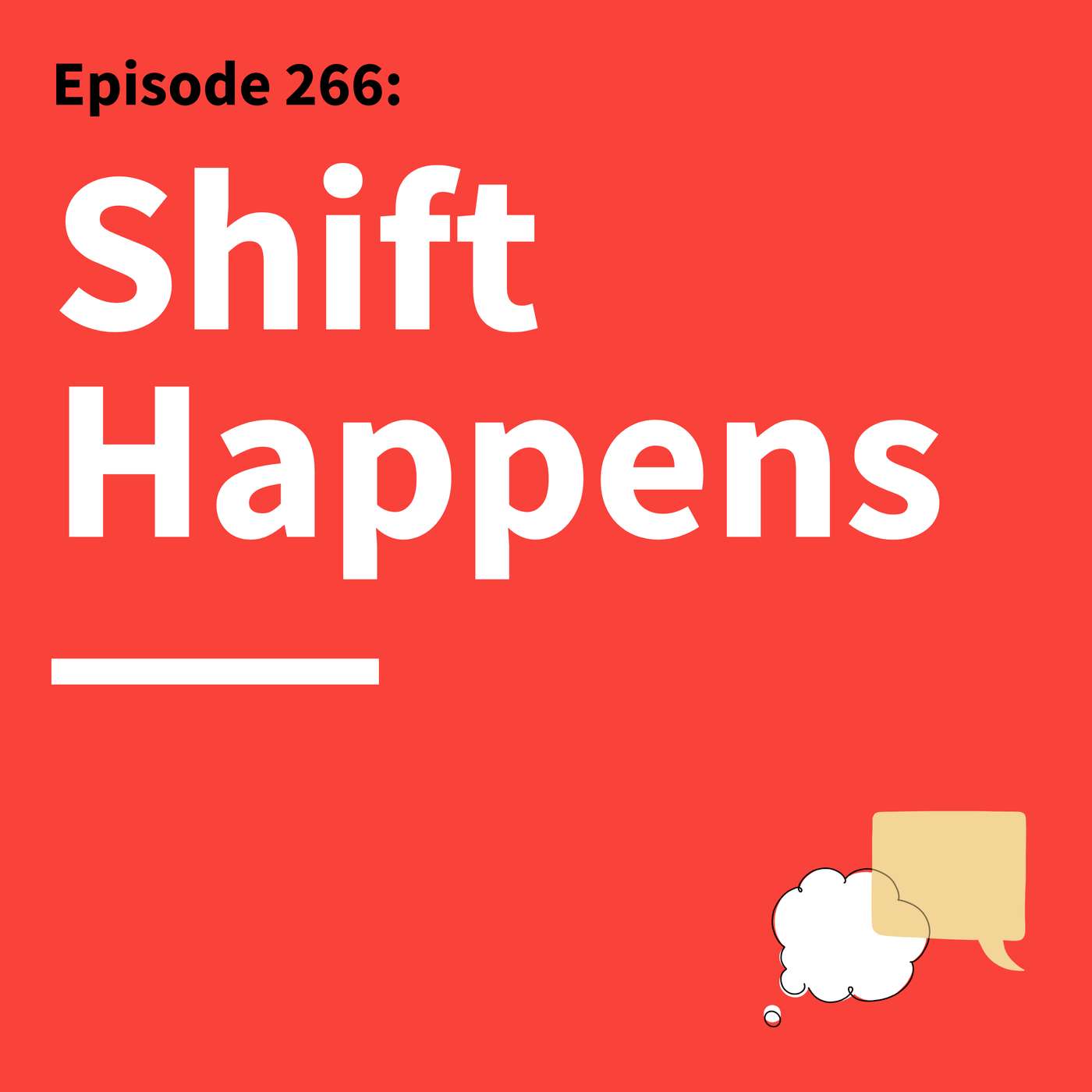
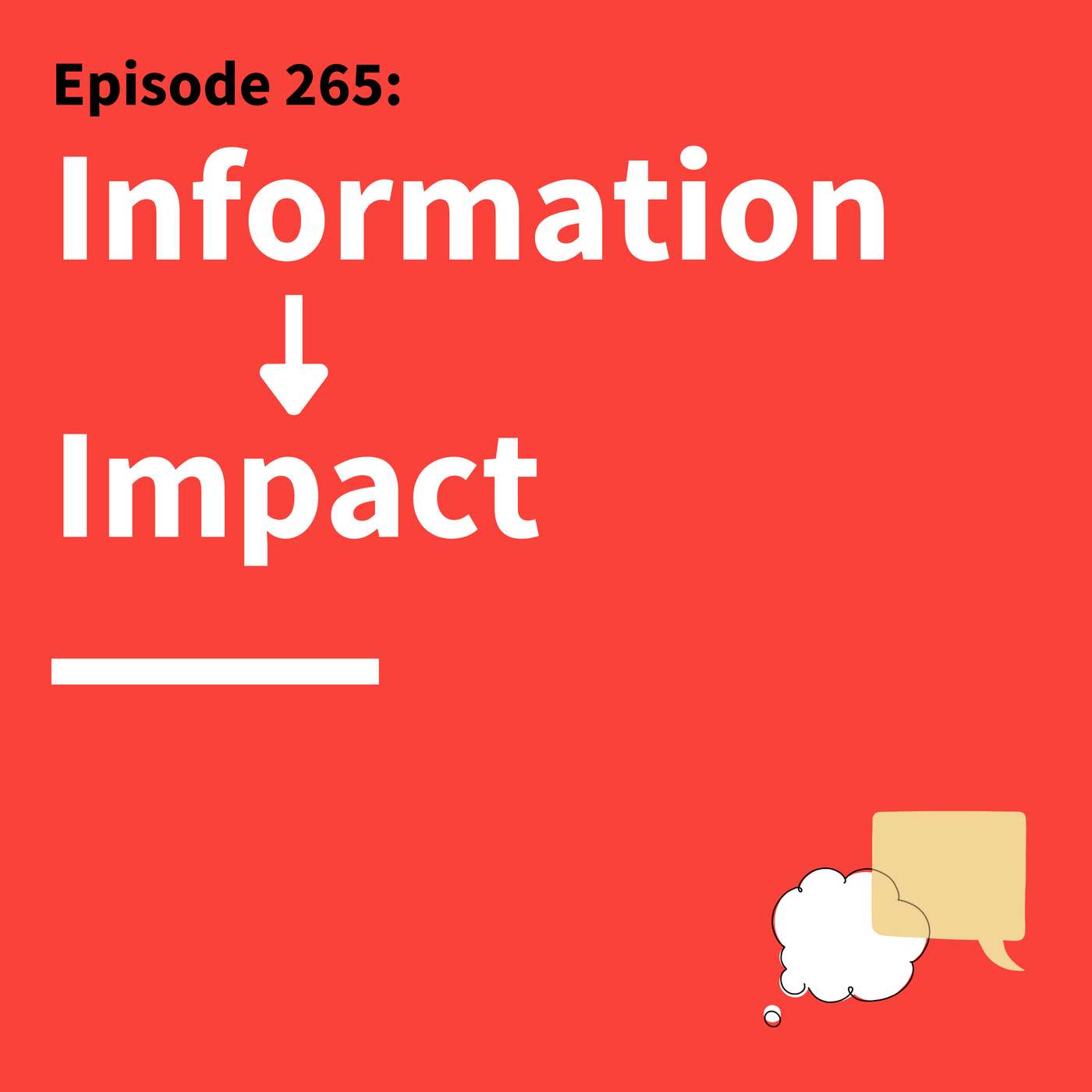
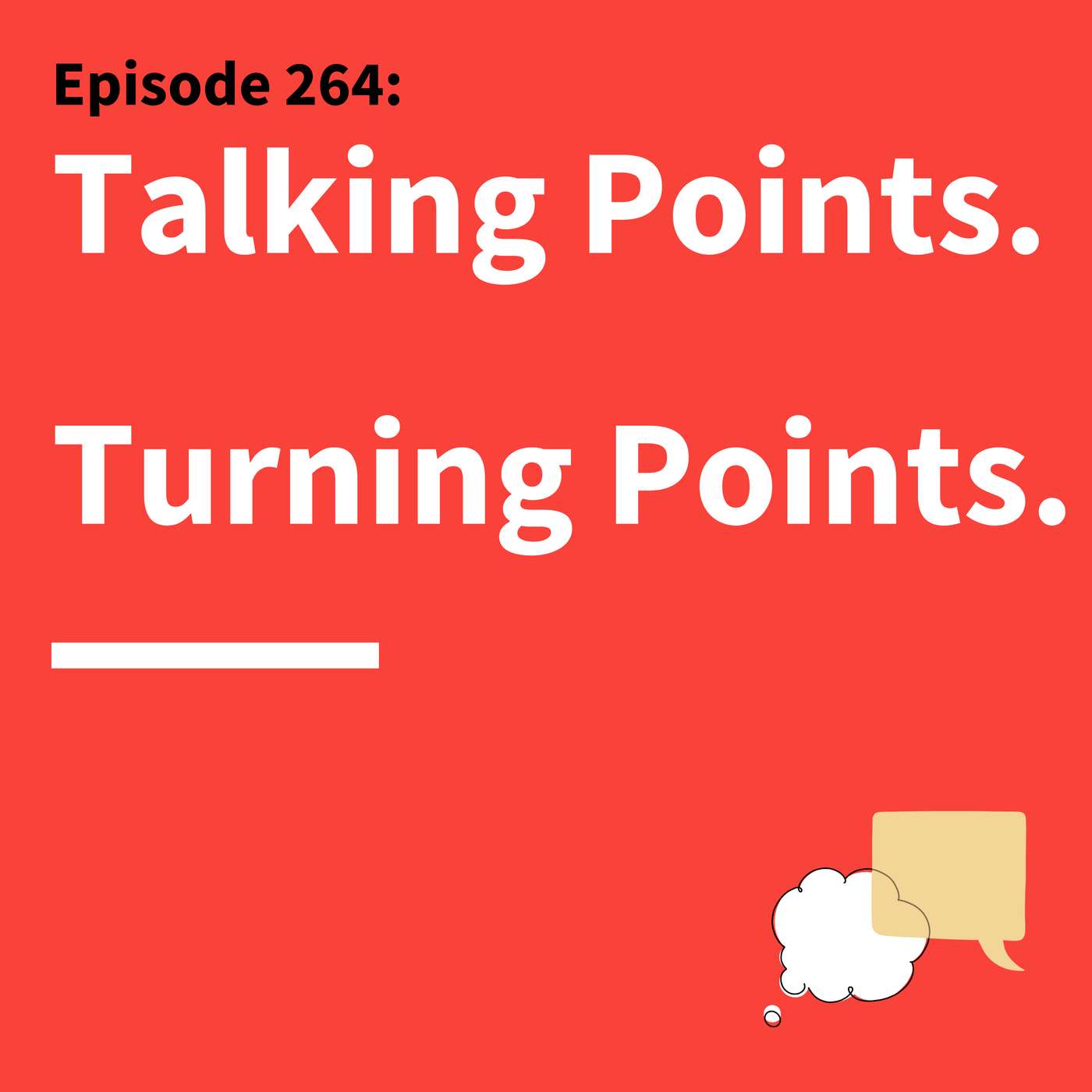



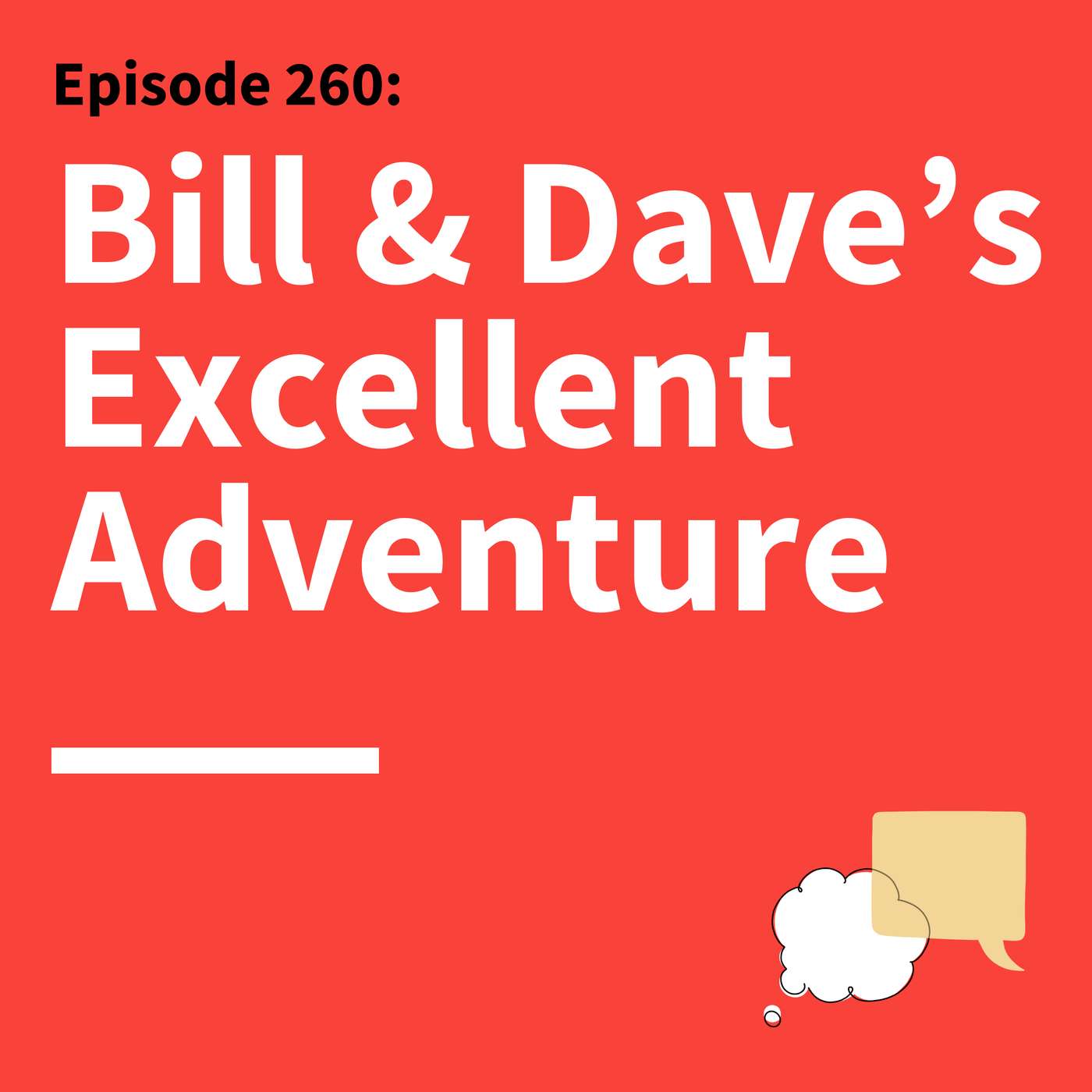


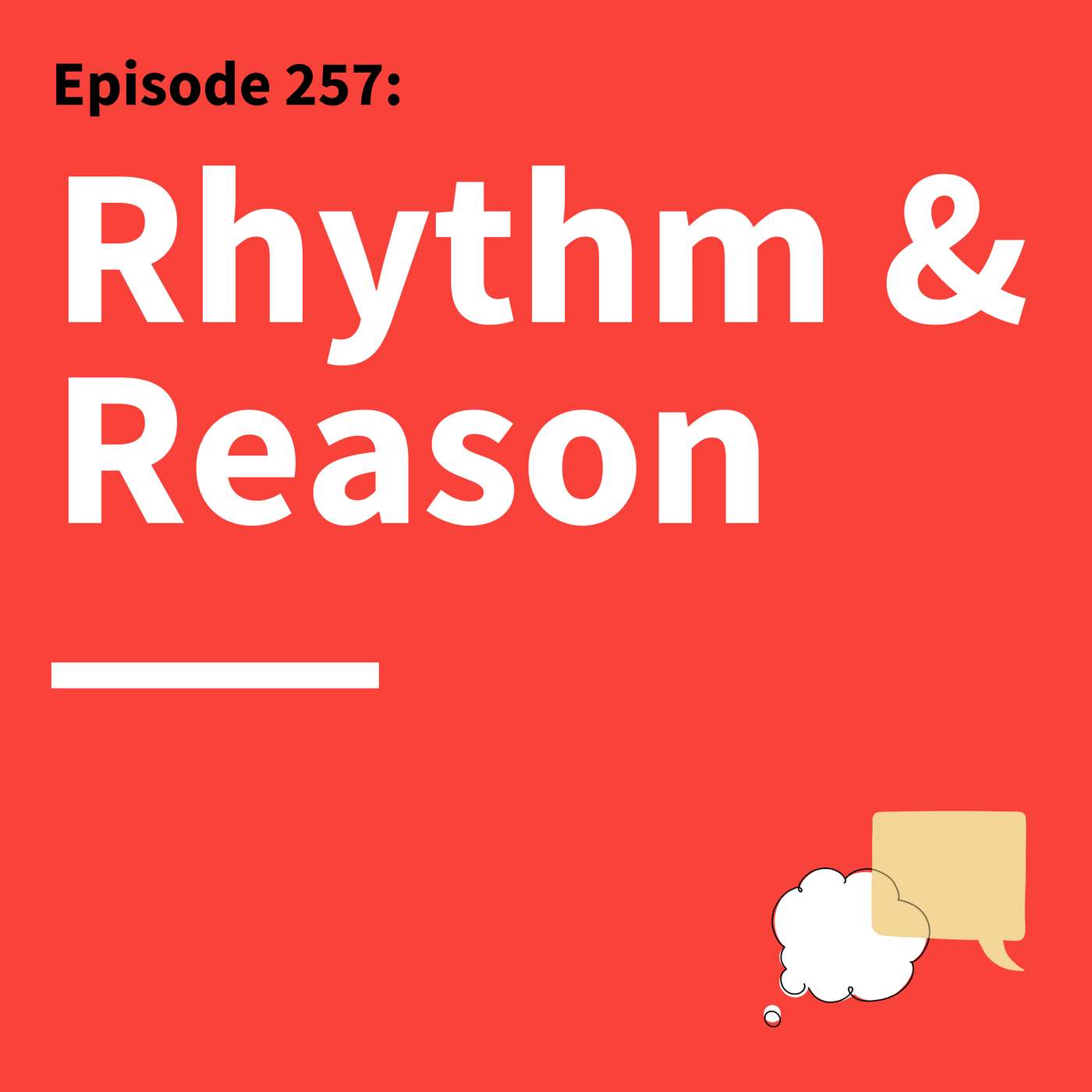
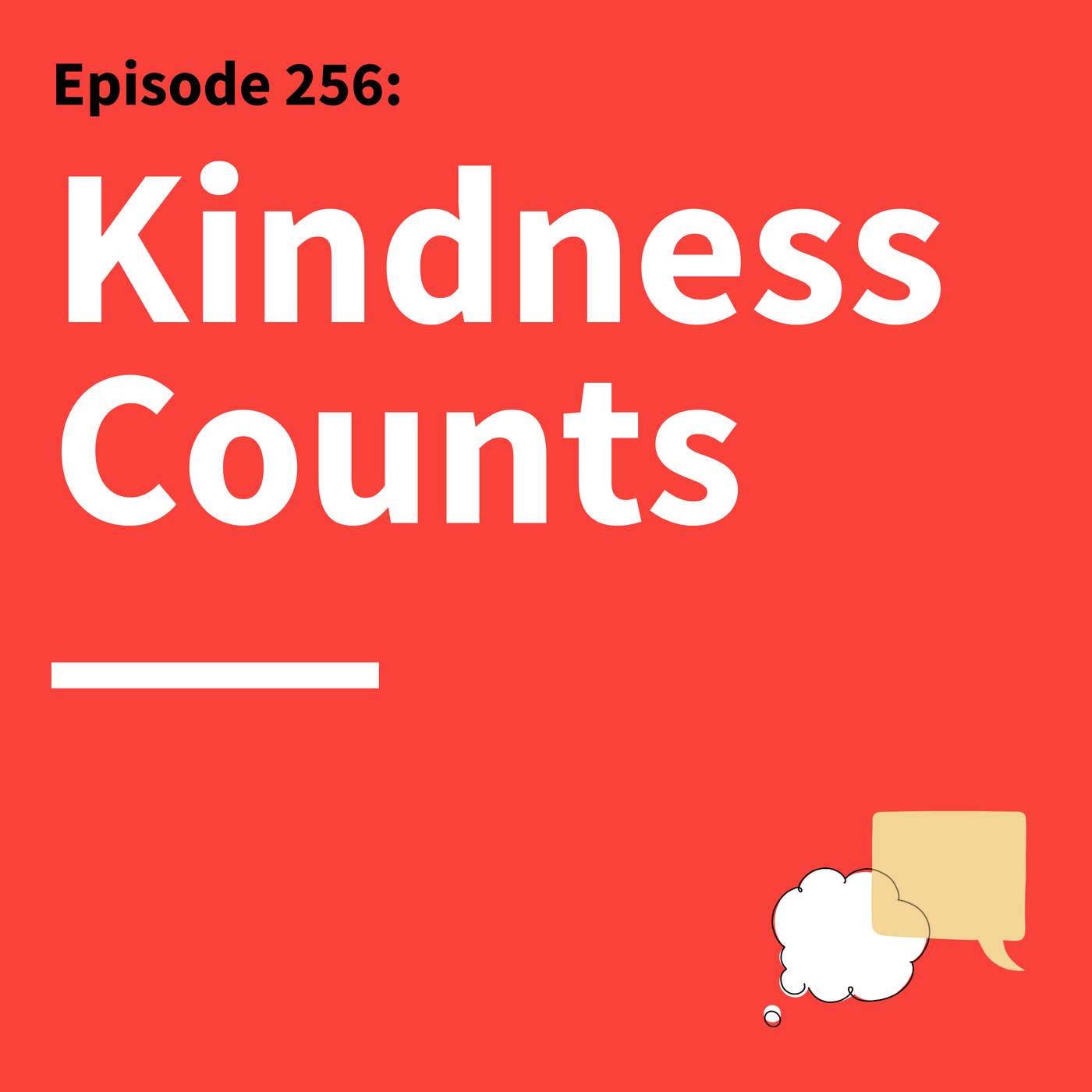
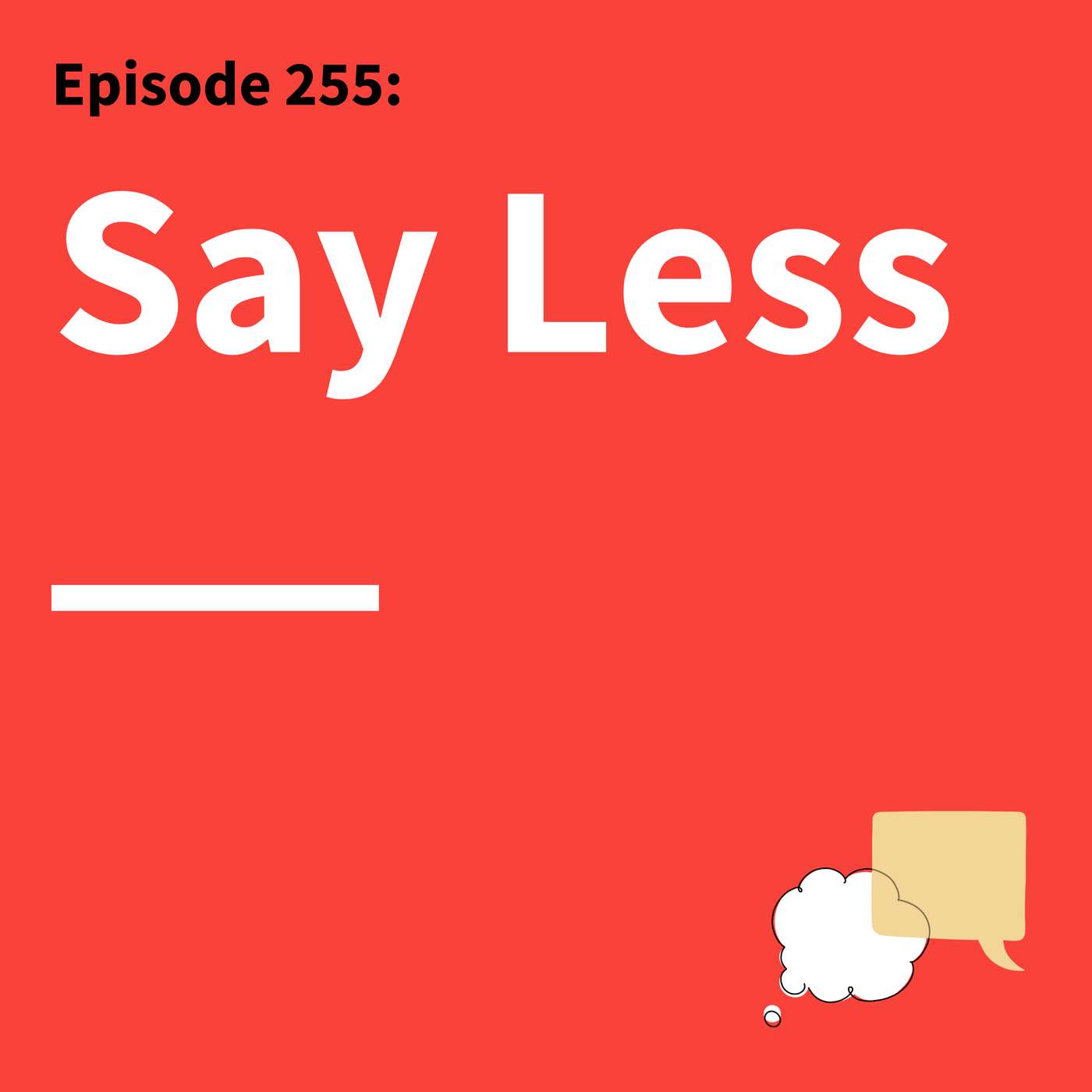
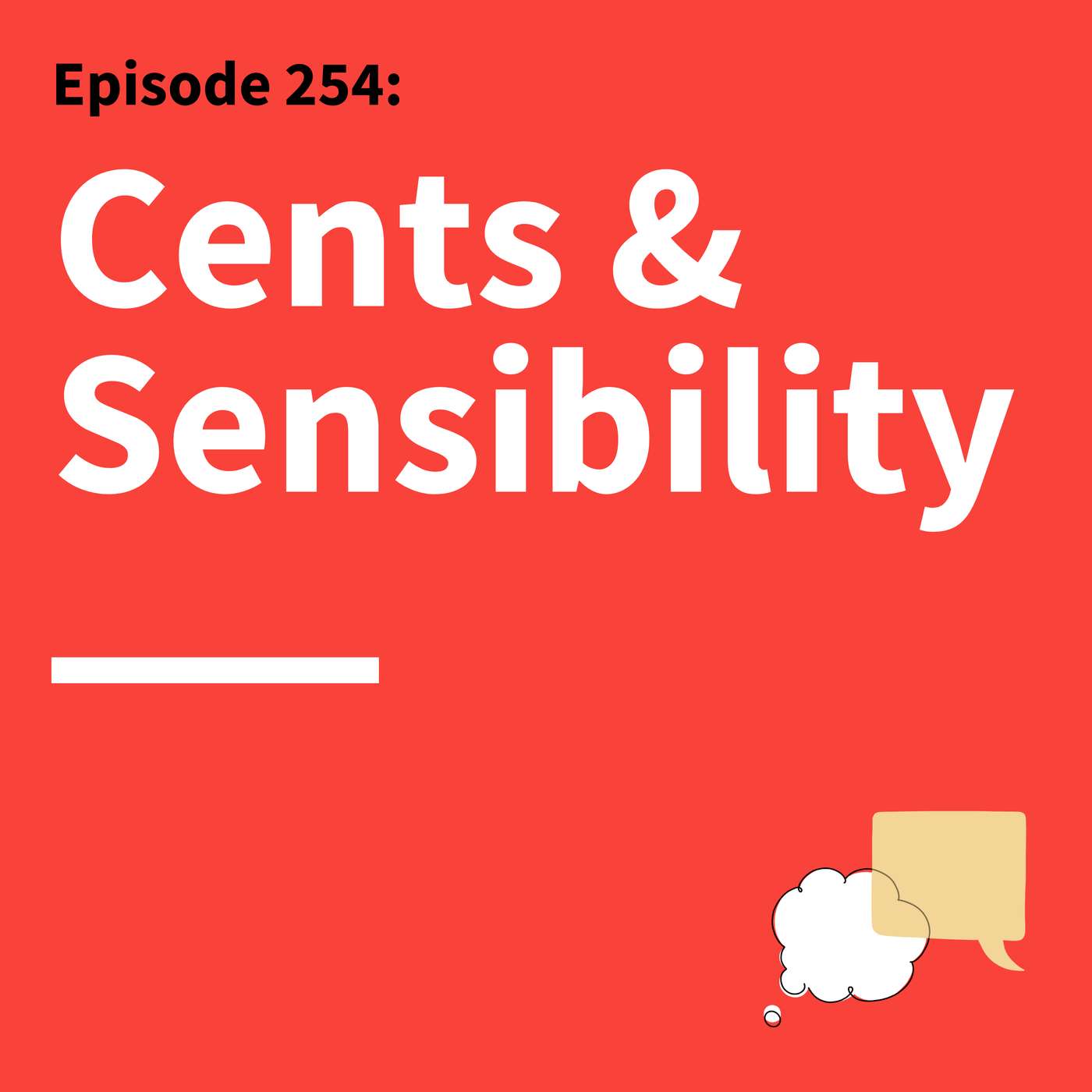

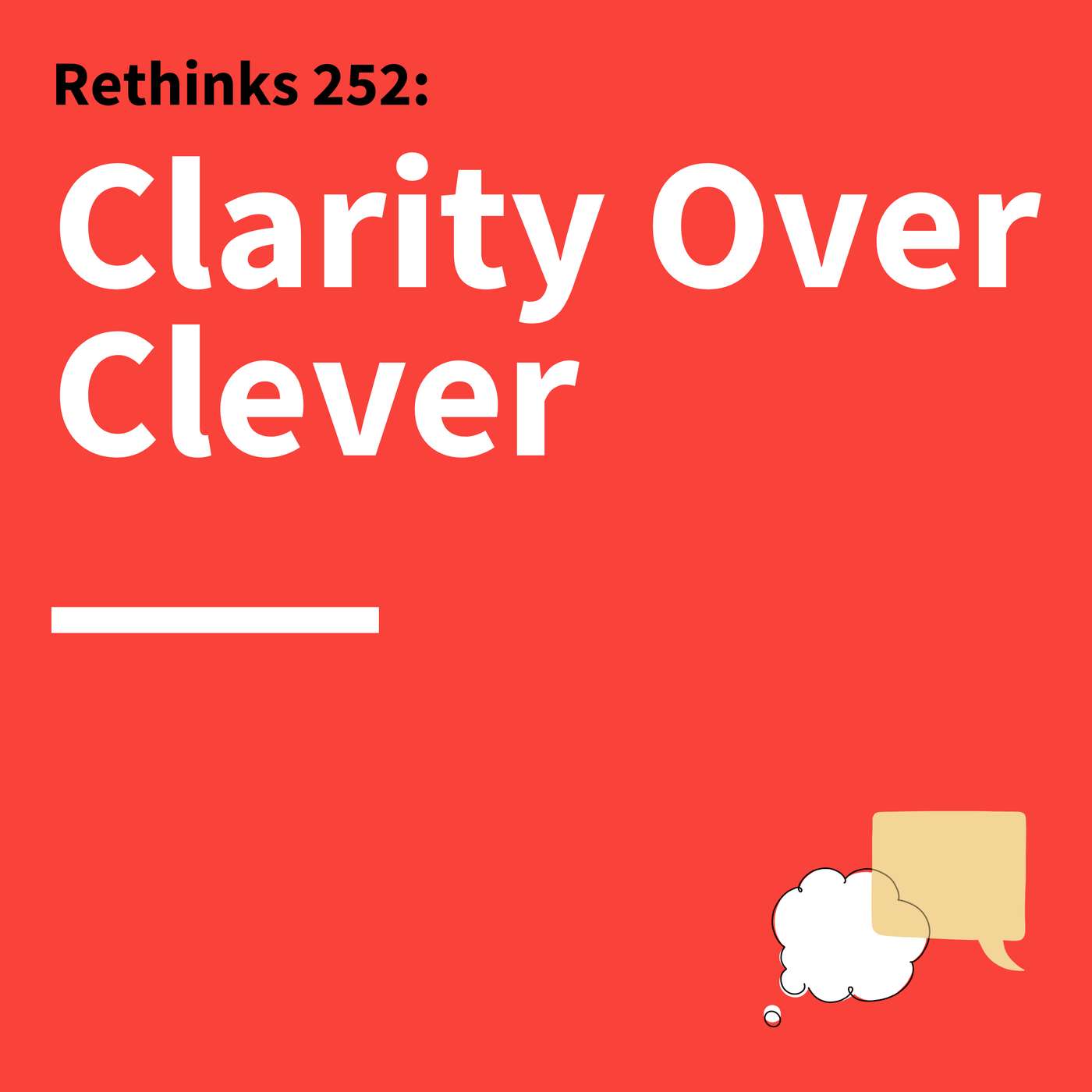

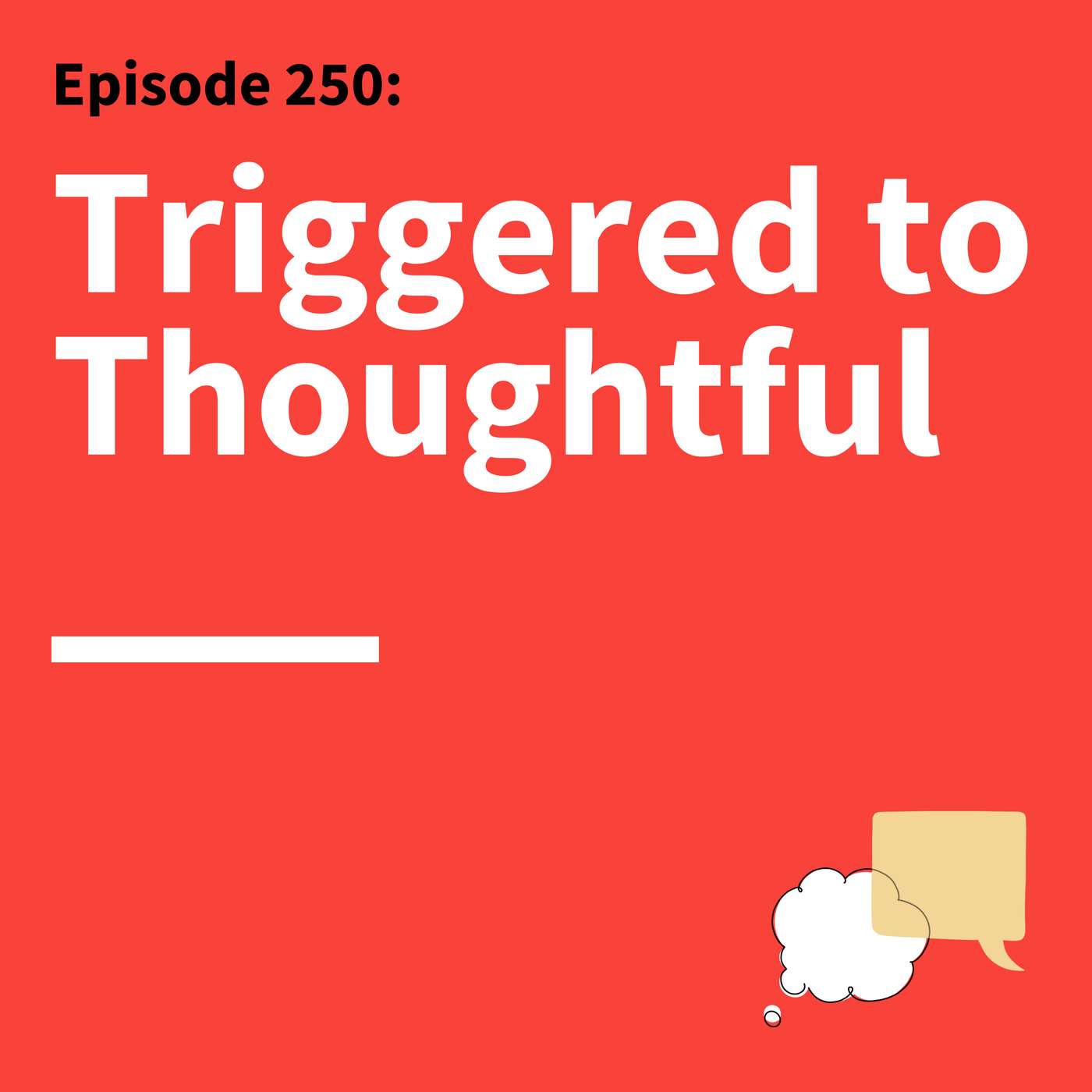
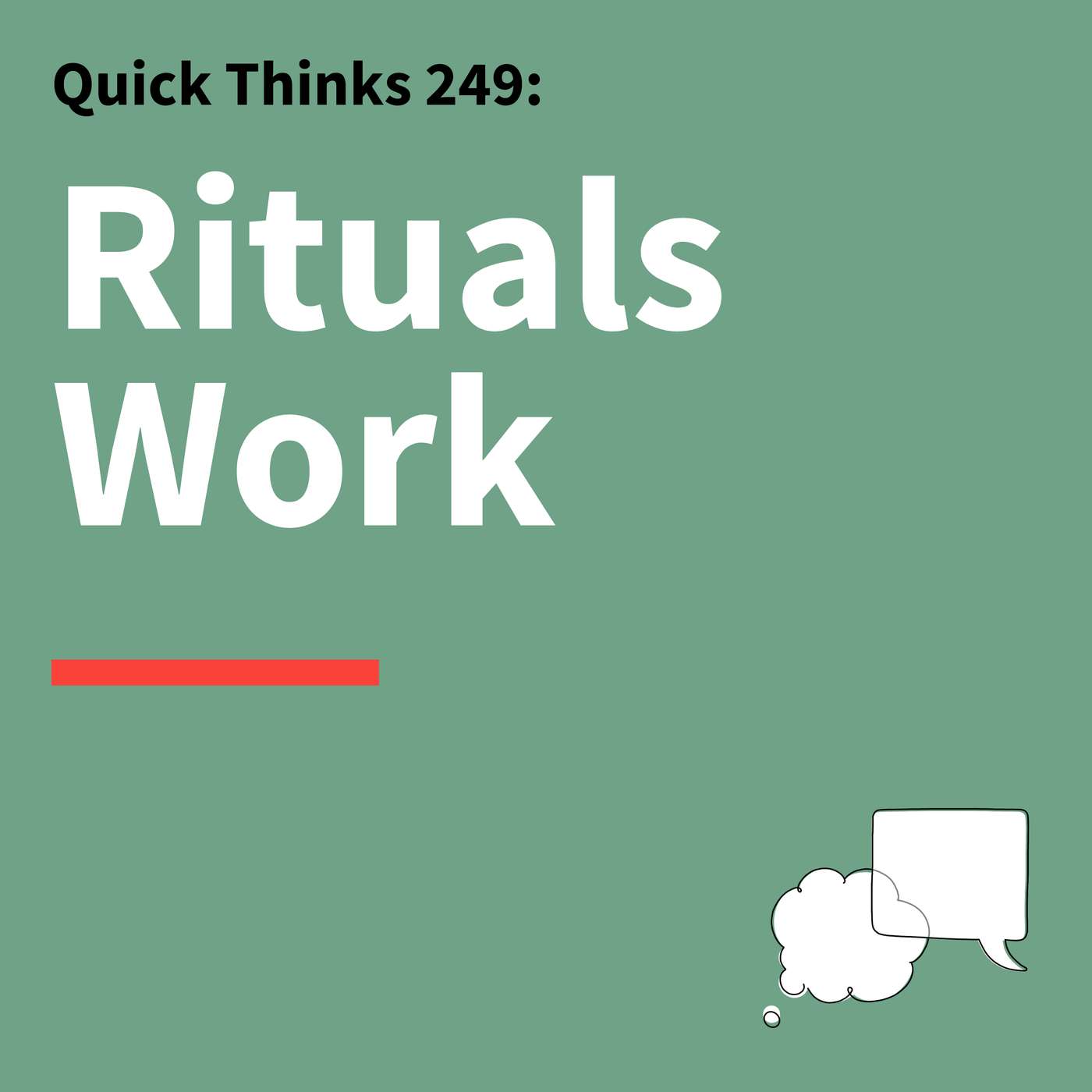
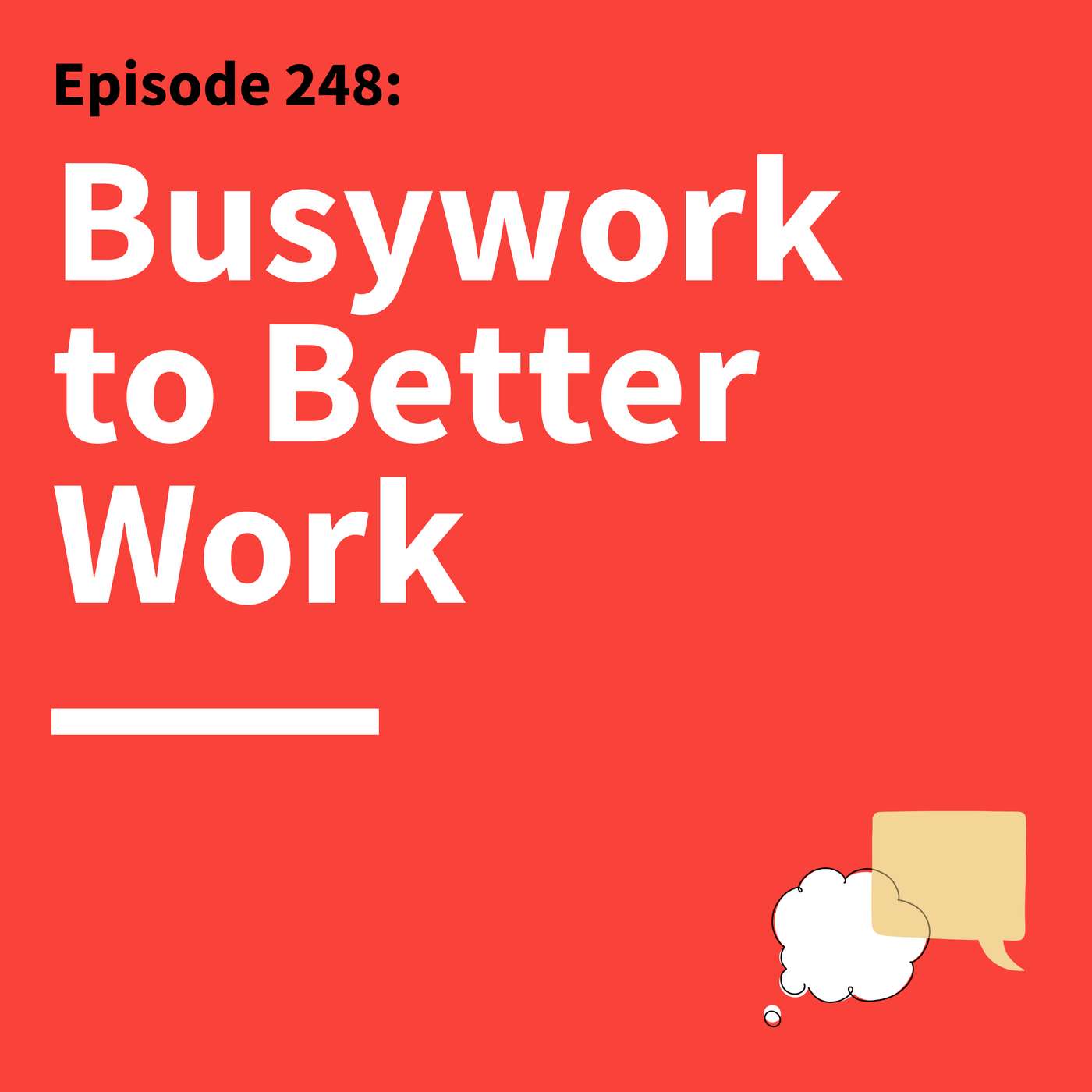



https://www.sonakapoor.in/chennai.html https://www.sonakapoor.in/rishikesh.html https://www.sonakapoor.in/indore.html https://www.sonakapoor.in/pune.html https://www.sonakapoor.in/nagpur.html https://www.sonakapoor.in/jodhpur.html https://www.sonakapoor.in/jaipur.html https://www.sonakapoor.in/udaipur.html https://www.sonakapoor.in/allahabad.html https://www.sonakapoor.in/panchkula.html https://www.sonakapoor.in/zirakpur.html https://www.sonakapoor.in/mohali.html https://www.sonakapoor.in/jalandhar.html https://www.sonakapoor.in/ambala.html https://www.sonakapoor.in/amritsar.html https://www.sonakapoor.in/kharar.html https://www.sonakapoor.in/ludhiana.html
https://www.sonakapoor.in https://www.sonakapoor.in/goa.html https://www.sonakapoor.in/mumbai.html https://www.sonakapoor.in/delhi.html https://www.sonakapoor.in/noida.html https://www.sonakapoor.in/gurgaon.html https://www.sonakapoor.in/lucknow.html https://www.sonakapoor.in/hyderabad.html https://www.sonakapoor.in/dehradun.html https://www.sonakapoor.in/mathura.html https://www.sonakapoor.in/agra.html https://www.sonakapoor.in/bangalore.html https://www.sonakapoor.in/kolkata.html https://www.sonakapoor.in/chennai.html https://www.sonakapoor.in/rishikesh.html https://www.sonakapoor.in/indore.html https://www.sonakapoor.in/pune.html https://www.sonakapoor.in/nagpur.html https://www.sonakapoor.in/jodhpur.html https://www.sonakapoor.in/jaipur.html https://www.sonakapoor.in/udaipur.html https://www.sonakapoor.in/allahabad.html https://www.sonakapoor.in/panchkula.html https://www.sonakapoor.in/zirakpur.html https://www.sonakapoor.in/mohali.html https://www.sonakapoor.in/jalandhar.html http
great
Thanks alot.
Really informative episode...
https://moha.arzookanak.in/ | https://mana.arzookanak.in/ | https://zira.arzookanak.in/ | https://panc.arzookanak.in/ | https://jala.arzookanak.in/ | https://amri.arzookanak.in/ | https://kasa.arzookanak.in/ | https://khar.arzookanak.in/ | https://atch.arzookanak.in/ | https://dhra.arzookanak.in/ | https://luck.arzookanak.in/ | https://chen.arzookanak.in/ | https://kolka.arzookanak.in/ | https://pune.arzookanak.in/ | https://indor.arzookanak.in/ | https://gurg.arzookanak.in/ | https://hyde.arzookanak.in/ | https://udai.arzookanak.in/ | https://mumb.arzookanak.in/ | https://sura.arzookanak.in/ | https://mula.arzookanak.in/ | https://bang.arzookanak.in/
Very enlightening and inspiring thoughts. Thank you!
Досягнення Дієго Сімеоне https://bestrest.com.ua/ua/article/246063-Rekord-Diyego-Simeone-yak-700-matchiv-zrobyly-yogo-legendoyu-La-Ligy вражає і підтверджує його статус одного з найкращих тренерів сучасності. 700 матчів — це не просто цифра, а результат величезної праці та відданості. Його стиль гри змінив «Атлетіко» і зробив команду однією з найпотужніших у Європі. Незважаючи на критику, його здобутки неможливо заперечити, і Сімеоне залишиться легендою Ла Ліги.
saw the lecture on YouTube and here I am:)
that really helps me with my english language skill
thanks 😊
voting, done
great 😃
Really inspiring, thanks
❤️❤️
I took some notes 📝 desirability ⚘️test the prototype/ externalize the product/..
lovely
Thank you
thanks alot for your great padcast, please put the scripts under the padcasts I'm a English learner thank you
👌